
Bloating, Gas & Poop Problems In Menopause? Here’s Why…
Gut Feelings 💙 Q: I’ve got diarrhoea, could it be related to menopause? A: Yes, it could be. If you’re in pre-*, peri- or post-menopause and your gut’s playing up,

Gut Feelings 💙 Q: I’ve got diarrhoea, could it be related to menopause? A: Yes, it could be. If you’re in pre-*, peri- or post-menopause and your gut’s playing up,
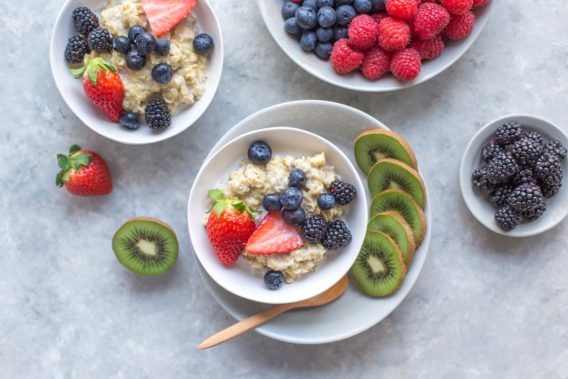
Food really is powerful when it comes to navigating your peri menopause journey. Whether you’re in peri or post-menopause, what you eat can make a big difference to how you

If you’ve ever wondered about the difference between prebiotics and probiotics, yu’re not alone! It’s a great question, and we’re here to clear up any confusion. Gut Health & Menopause: The
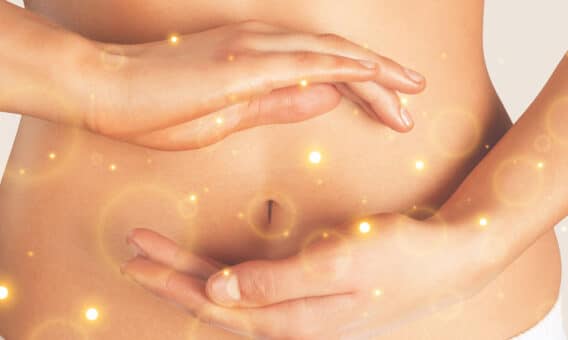
Lots and lots of women experience changes with menopause and gut health starting with perimenopause. As a result, bloating, food sensitivities/intolerances, constipation, diarrhoea or reflux/heartburn (GERD) can raise their heads.

When we’re talking about menopause, a key point is that gut health (aka digestive health) and emotions go hand in hand. Yep, an unhappy gut can mean you feel down,
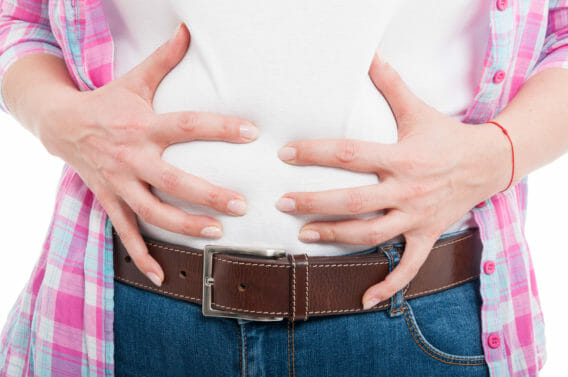
Bloating during menopause. Grooooaaaaan. When we reach the menopausal years so many things seem to physically change don’t they? All in all, it can be a bit of a minefield

Infused water? Really? Oh, yes indeed – it’s great. And we’re serving these up because hydration is one of the keys to happy, healthy hormones, gut and weight. What’s more,

Do you love ginger like we do? Well, guess what? We’ve found adding ginger water to our daily routine makes us feel goooood plus it’s a brilliant digestive aid. What’s

Are you experiencing constipation or sluggish poop movements? Yep, we’re going there! 💩 Sorry to bring it up but it’s important. Although it can be uncomfortable too, both literally and
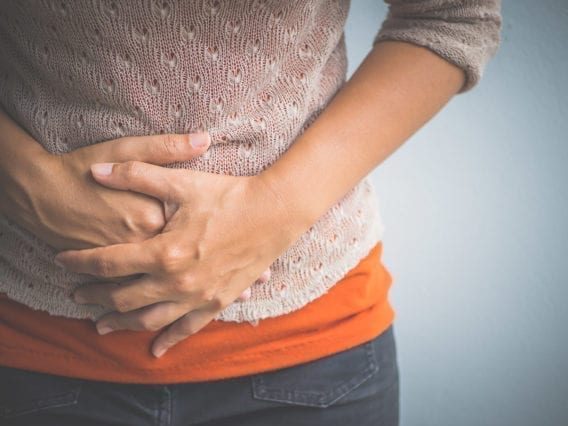
Bloat. Even the word’s got an ‘urgh’ feel right? Bloating is an unwelcome guest as when you’re bloated your stomach protrudes, you feel like you’ve put on 5kgs and nothing you
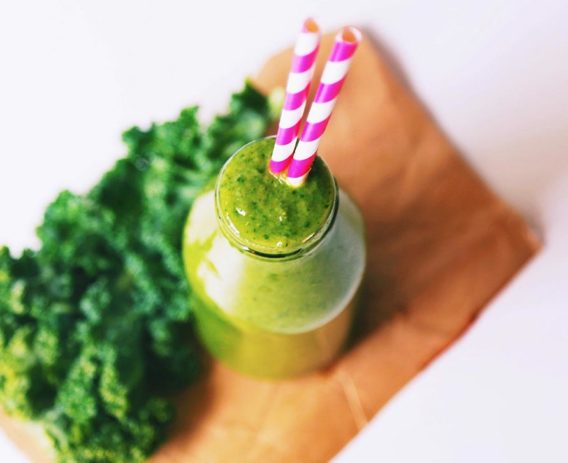
A long, cool and icy drink is on our wishlist – something that doesn’t cause hormonal chaos and is waistline-friendly. Enter our Green Goddess Nectar Smoothie. It ticks all of
At MenoMe®, Menopause is our one & only game®. We live and breathe it – ’cause we’re going through it too or we’ve gone through it, and we totally get it! We’ve got your back and we promise to add a sprinkle of laughter to this rollercoaster ride!
Meno-Me Ltd
Unit 3/10 Makowhai Road,
R.D. 12, Hawera,
New Zealand.
Free call: 0508 MenoMe
Email: info@meno-me.com
Contact us here…
MenoMe®, LotsaLocks®, Merry Peri®, Perky Post®, Happy Go Tummy®, Women on Fire® , Mini Pause® and Menopause is our one & only game® are registered trademarks owned by Meno-Me Limited.
affron® is a registered trademark of Pharmactive Biotech Product, S.L.U.
keraGEN-IV® is a registered trademark of Keraplast Manufacturing.
Livaux® is a registered trademark of Anagenix IP Limited.
This is the time when menstruation is well and truly over, the ovaries have stopped producing high levels of sex hormones and for many ladies, perimenopause symptoms subside.
Estrogen has protective qualities and the diminished levels mean organs such as your brain, heart and bones become more vulnerable. It’s also a key lubricant so your lips may become drier, your joints less supple and your vagina might be drier. In addition, your thyroid, digestion, insulin, cortisol and weight may alter.
At this juncture, a woman might experience an increase in the signs of reduced estrogen but she should have a decrease of perimenopause symptoms. That said, some women will experience symptoms like hot flushes for years or even the rest of their lives.
Peri = ‘near’
Most females begin to experience the symptoms of perimenopause in their mid-forties. Your progesterone levels decline from your mid-30s but it’s generally from around 40 that the rest of your sex hormones begin to follow suit.
Perimenopause is a different experience for every woman and some women may barely notice it. The first indicators are usually changes to the monthly cycle. This means that for some ladies, this can be accompanied by things like sore breasts, mood swings, weight gain around the belly, and fatigue as time goes on.
For those with symptoms it can be a challenging time physically, mentally and emotionally.
Importantly, perimenopause lasts – on average – four to 10 years. The transition is usually a gradual process and many women enter perimenopause without realising.